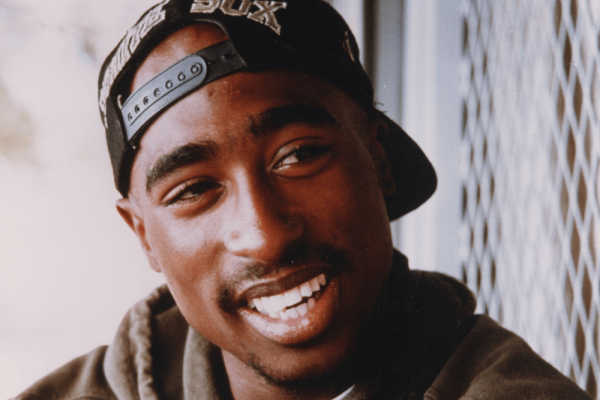Jul 12, 2010
Many music critics have said that a truly special artist comes around only once every generation.
Read the Full Article

Already a subscriber? Login

Many music critics have said that a truly special artist comes around only once every generation.
